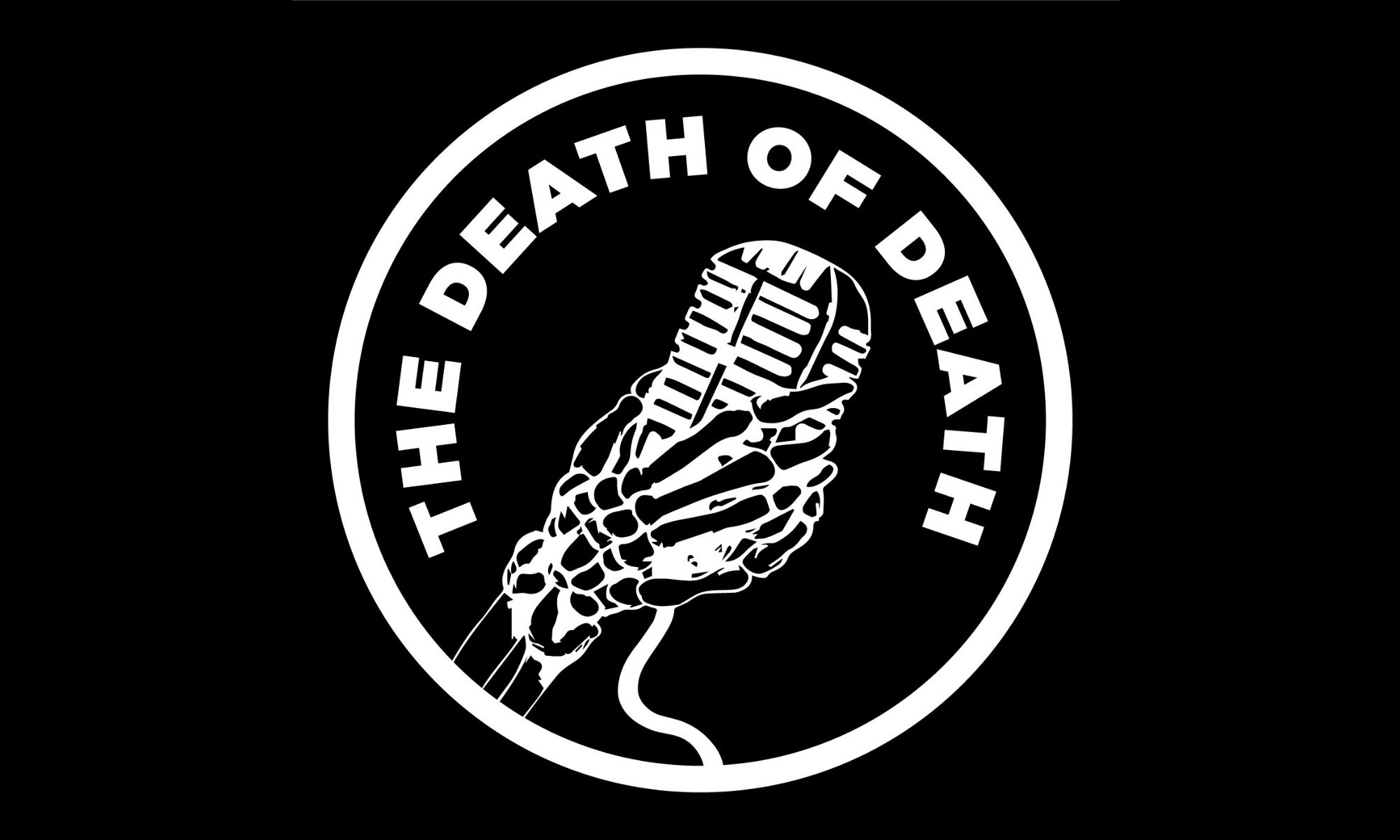
THE LONELY SATANIST
It was the summer of 2013. Things were not great for me at the time, but when were they ever? I had been in the church for seven years, but I didn’t read the Bible, I had struggles with leadership, and I couldn’t see where I fit in the world of Christianity. When for years you have Christians telling you that you’re satanic just because of the music you like, you might start to accept that as a fact and settle into it. There just didn’t seem to be a place for me in the church.
On this particular summer night, I extinguished the five candles at the points of my pentagram, put away the ouija board (only joking), and hopped in the car with a guy named Mario Di Bella, who would later be one of my very best friends in the world. We were on our way to a church bonfire on the beach, south of Orange County, and as we made our descent down the 5 freeway, we stopped in Dana Point to eat at A’s Burgers.
THE NIGHT I STARTED TO LOVE THEOLOGY
Mario found himself on a very specific side of the table—a side of the table I would come to inhabit a lot in the future. He sat on the side defending calvinism. That night, Mario convinced me of the beautiful truth of the doctrines of grace, and it almost brought me to tears.
Christianity was no longer about arbitrary rules I was incapable of following. My inability to follow those rules is what led me to question whether I belonged in the club in the first place. No, that’s not what the doctrines of grace are about. This is the reality that God chose me and was sustaining me—very likely the reason I stayed in the faith for seven years even though I wasn’t carried away with my experience. God had chosen me despite my complete unworthiness. That night, I passed from a life of thumbing my nose at rules to a life that was all about responding to God’s amazing grace.
Later, at the bonfire, unable to hold a normal conversation due to the racing of my thoughts, I walked down to the water to think for a moment. Not long after, I heard Mario’s voice over my shoulder mock me, “you think you’re deep or something?” It was a pretty important night in my life, to be fair.
DON’T TEASE THE ANIMALS
The reason so many new calvinists enter what has lovingly been labeled the “cage stage,” I can attest, is because there is an overwhelming sense of betrayal and that people have been holding out on you. The same thing happens to new atheists. Jim Jeffries, the standup comedian, tells the story of not attending a friend’s wedding shortly after he became an atheist because he refused to set foot in a church. He regretted that, but he attributed the feeling to “being fed so many lies.”
Calvinism wasn’t the only thing about which I had been misled. There were many doctrinal problems in my first church. This led me to go through something that today is popularly referred to as “deconstruction.” But my deconstruction experience was a lot different than what we see popularized by people with blue checkmarks next to their names.
THE EXPLOSION
Deconstruction is when you wipe the slate clean on everything you ever thought you knew and start completely fresh. When an orthodox Christian does this, it’s rarely a good thing. But when a stagnant Christian who knows nothing about theology does it, it can be great. Now I knew the Bible had to be the foundation for all of my theological knowledge, and most of what I had been taught was somewhere between non-biblical and a-biblical.
So I obliterated it. I left everything I knew behind me like the hospital behind Heath Ledger’s Joker, and with a beaming smile, I hit the detonator.
RECONSTRUCTION
Instead of starting over with nothing, or with my own reason, or with what I liked best, I used the Bible to reconstruct. I still had to question everything I thought I knew. “Was Jesus God?” “What about the Trinity?” “What about the end times?” “Tell me about baptism and communion.” But instead of questioning it to be edgy or contrarian, I questioned it with the Bible in my hand. “Let’s see what the Bible actually says about this stuff.”
Eventually, I found teachers and resources who took the Bible seriously and sought to use it as their basis. With the help of the Bible and biblical teachers, I learned everything I could over the following years—but instead of becoming a liberal relativist, or whatever label would scare you most, I ended up as a confessionally reformed baptist.
MOVING FORWARD
So maybe deconstruction isn’t the worst thing. It all depends on what foundation you reconstruct on. The current deconstruction trend seems to go in all directions except orthodoxy, and the resulting reputation for it is anti-Christian. But it’s a tool just like anything else. You can use a hammer on a nail or you can use it on your baby, but that’s just how you use it—it says nothing of the hammer itself.
My deconstruction led me to a much more orthodox position than I probably would have found myself in otherwise.
Let us not only condemn the deconstruction movement because of the results it yields as a misused tool. Let’s encourage those going through this type of transition to choose a foundation worth building on.
That’s a “build back better” campaign I can get behind.
